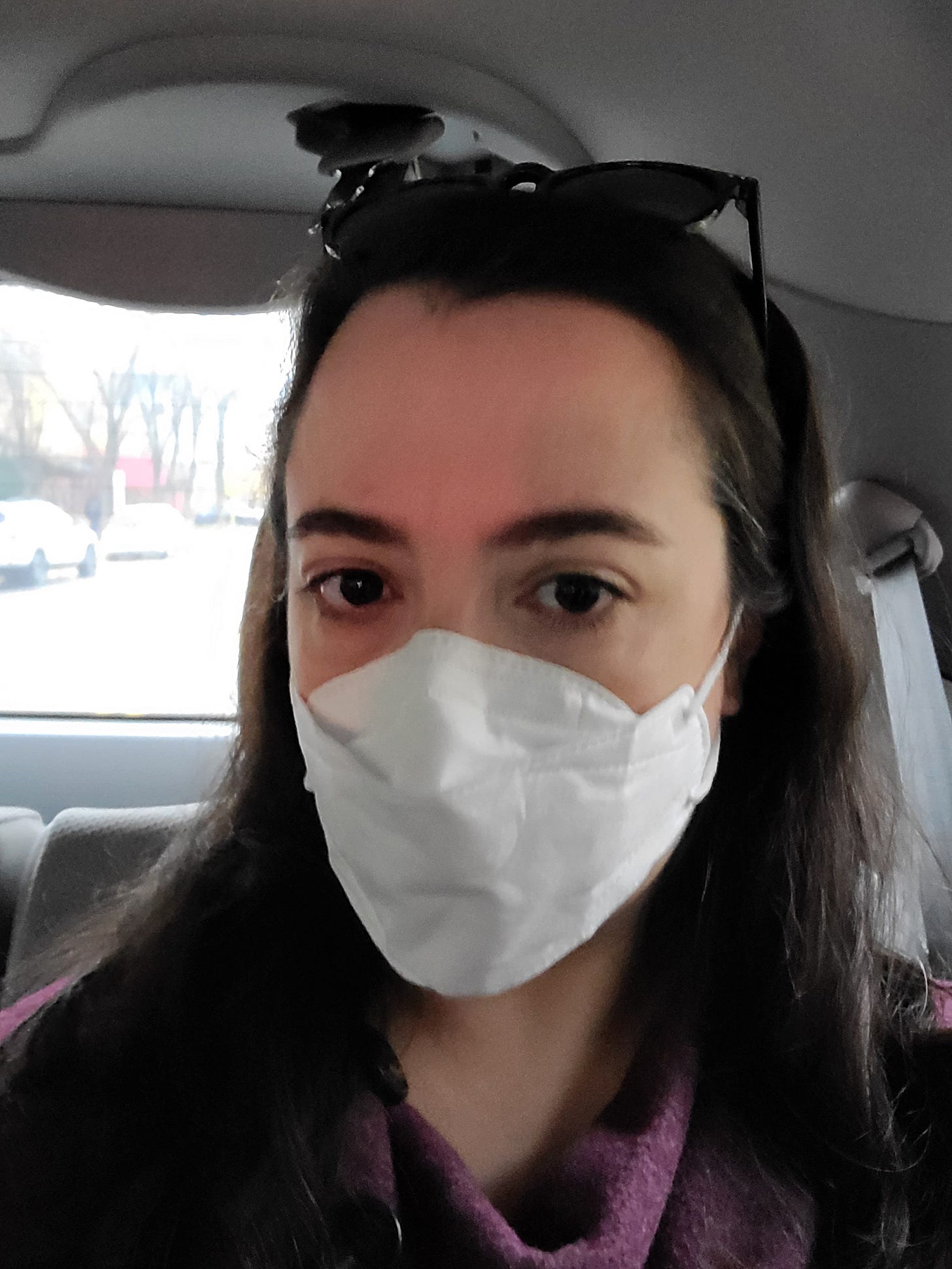On Comfort
Traveling is so uncomfortable. Traveling while fat to talk about fatness is... more so.
I write this post while embarking on my first work trip in over three years. I am riding in a van to St. Lawrence University, about three hours away, where I’ll be giving the Kathryn Fraser Mackay Memorial Lecture this evening, and doing a mini-residency. I’m honored and delighted to be doing this. And it’s still a lot, after so long cocooning.
I should …
Keep reading with a 7-day free trial
Subscribe to More to Hate to keep reading this post and get 7 days of free access to the full post archives.




